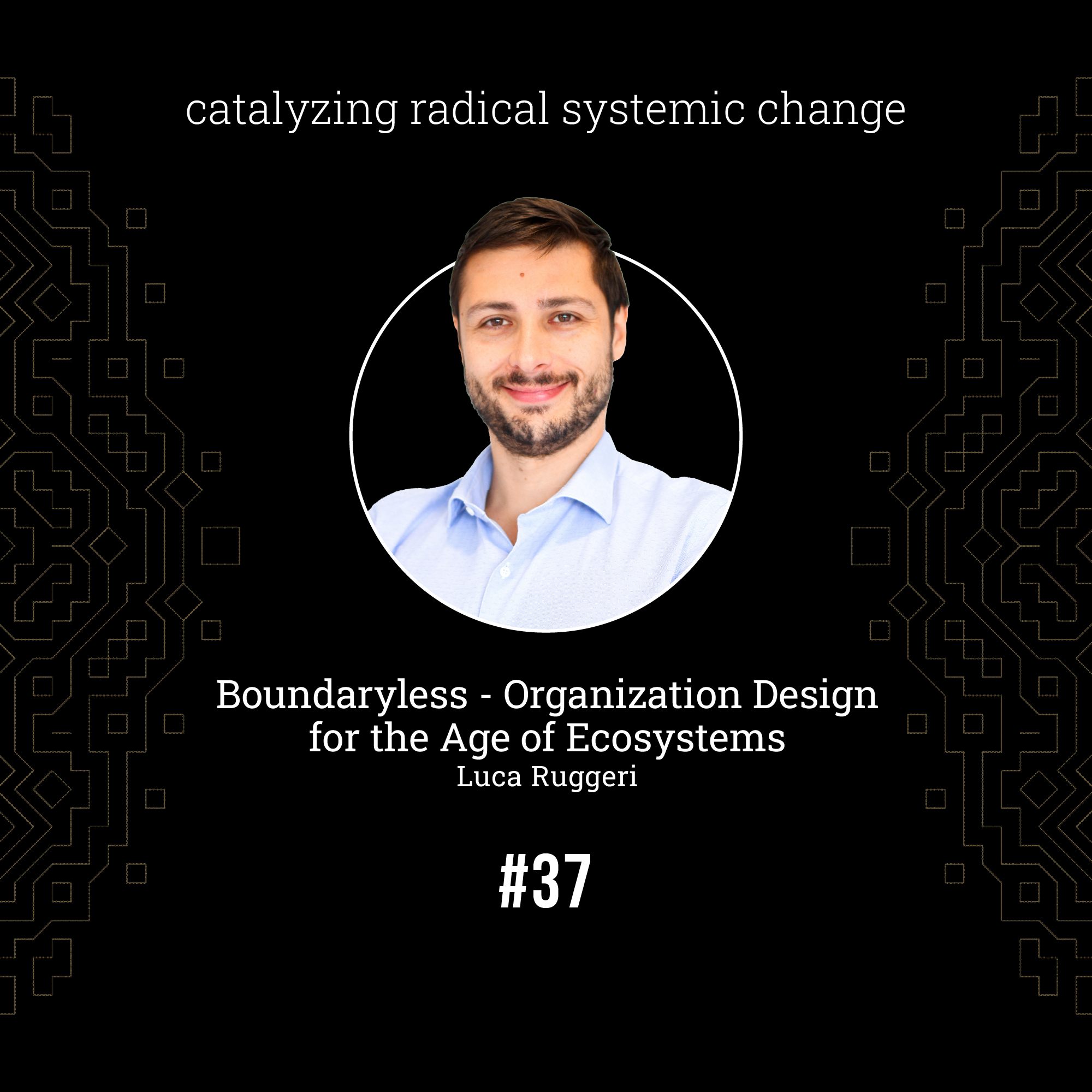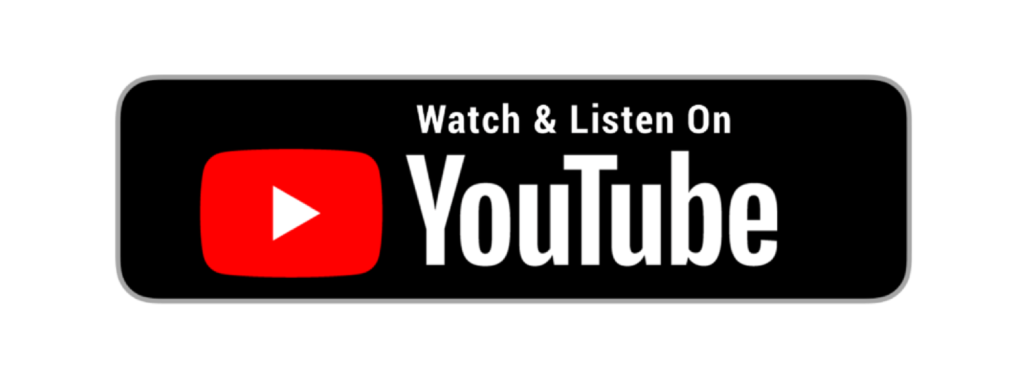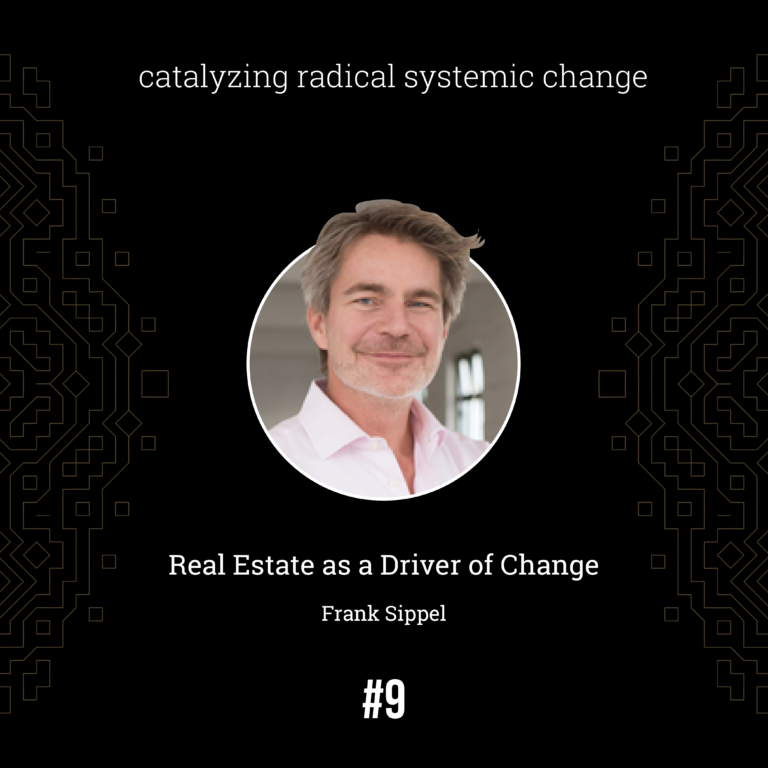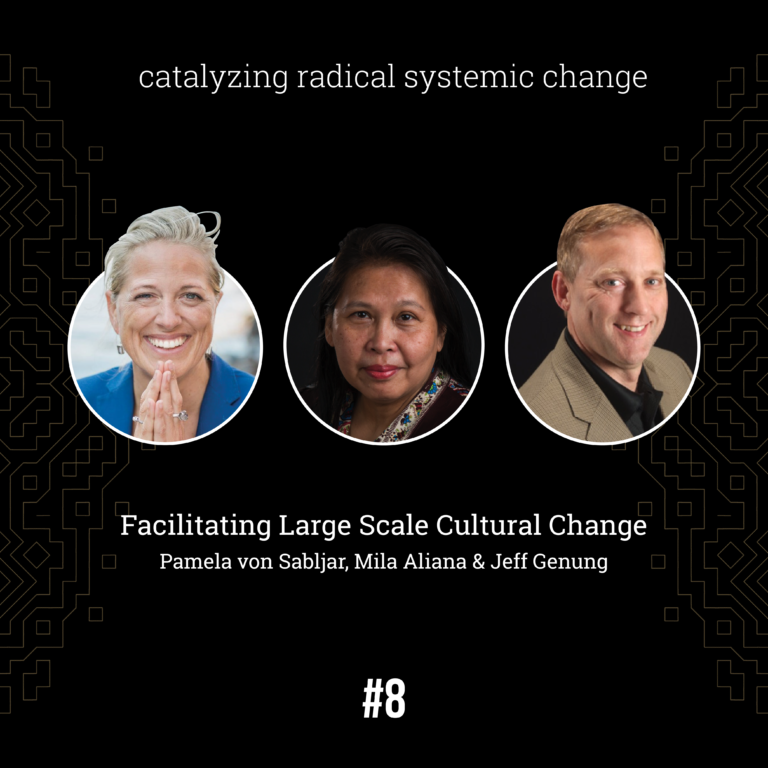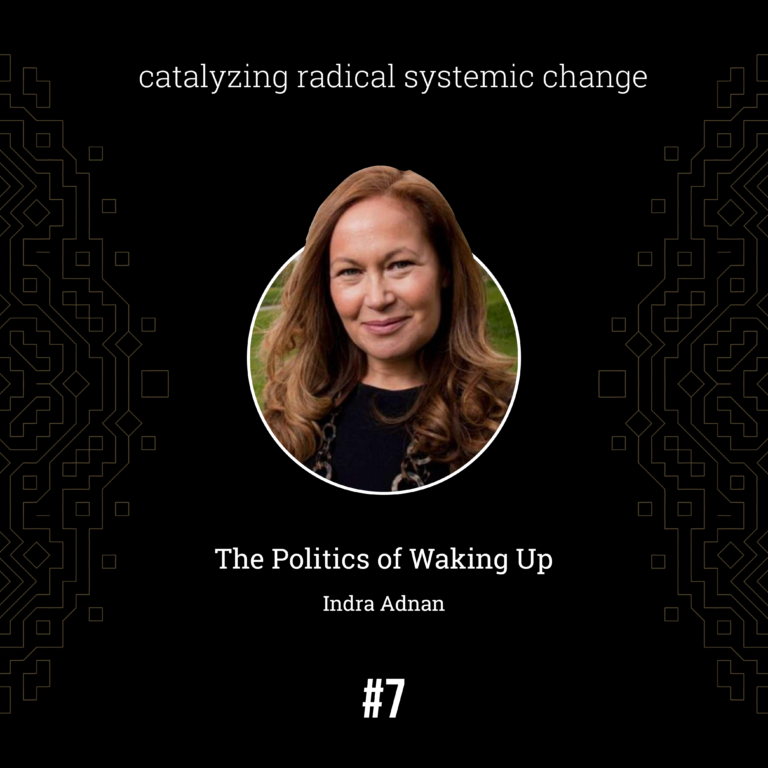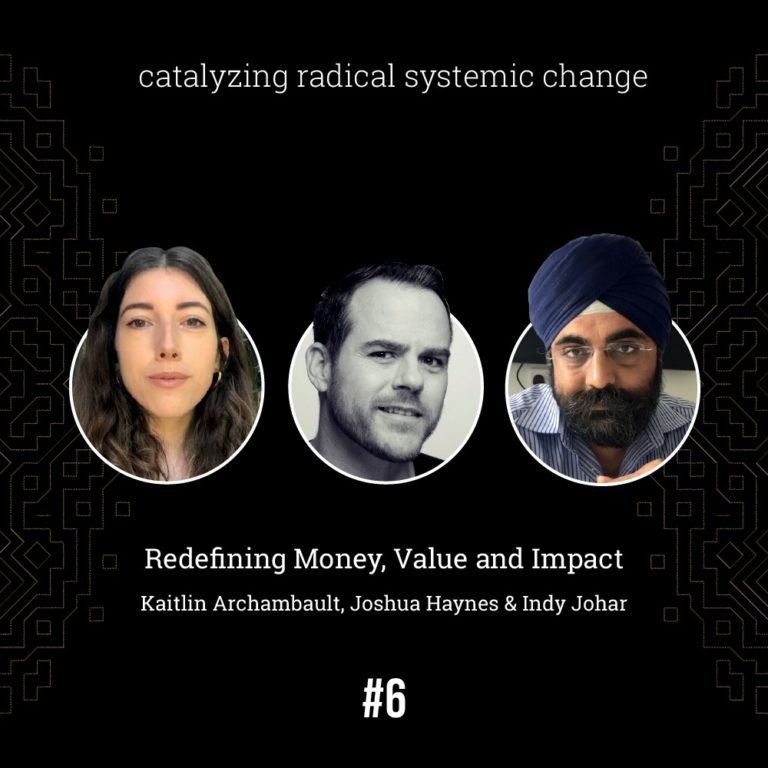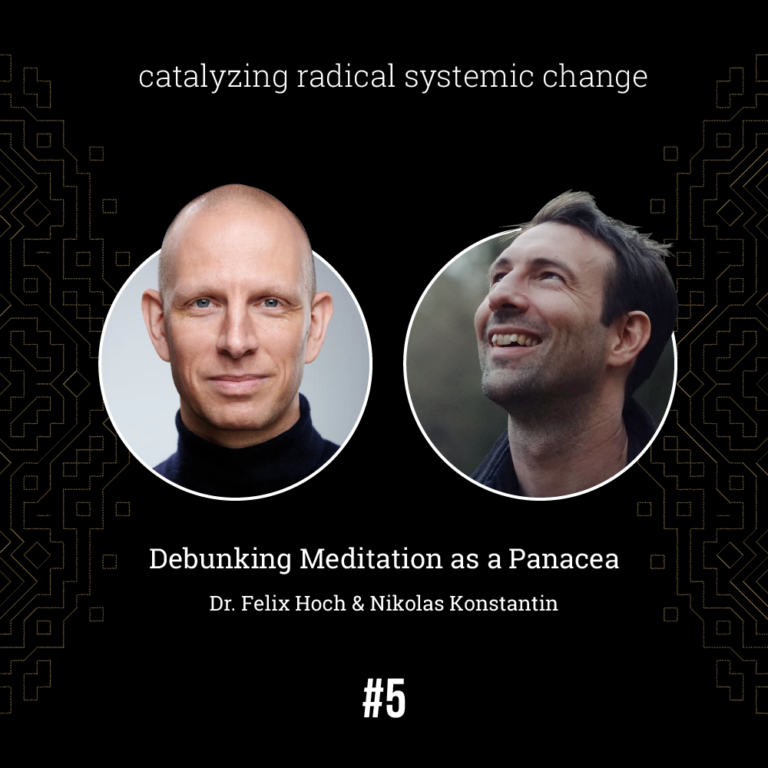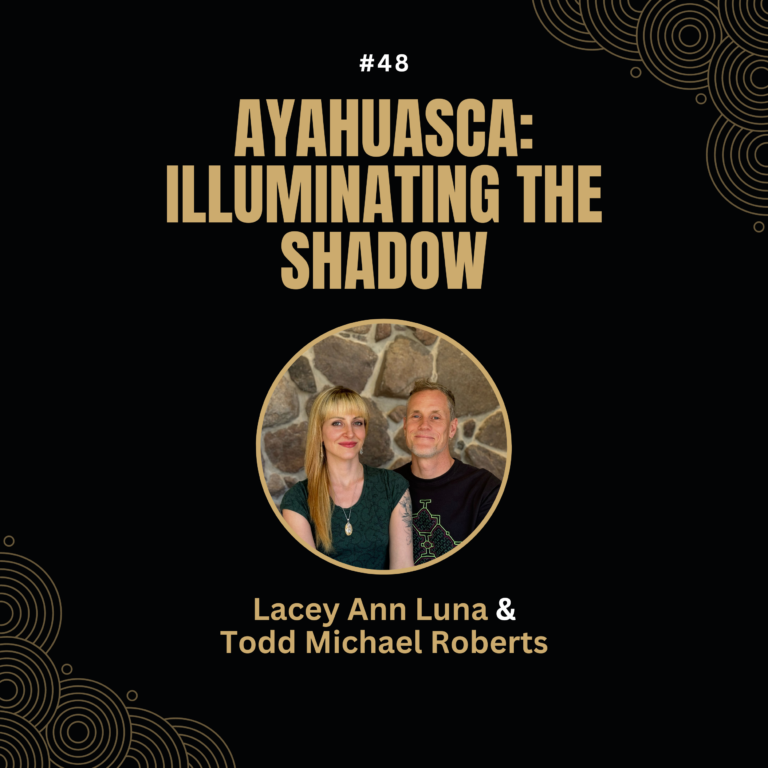Boundaryless – Organization Design for the Age of Ecosystems
When I studied economics back in the early 2000, obviously the disruption of platforms was not yet on the horizon. But, already there it dawned on me that the artificial boundaries that are set for a specific enterprise don’t take into account that ultimately even a simple enterprise, let’s say a grocery store is enmeshed in a complex web of relationships, has customers but also the supply chain, strategic partners and so forth.
So, after the incredible success story of platforms in the last two decades, it’s time to rethink and reframe how organization design needs to be done.
I’m grateful to be in this virtual room together with Luca Ruggeri, Co-Founder of Boundaryless & Platform Design micro-enterprise lead
- I always start with your personal journey. So, what sparked your interest in entrepreneurship and specifically in platform design?
- Tell our audience the genesis, and the different life phases of Boundaryless. I want to start with a quote from the homepage
“Boundaryless helps global customers with Business Strategy and Organization Design for the age of Ecosystems. We create open-source frameworks for platform design and entrepreneurial organization development: we support a global community of organizations, institutions, and individuals through workshops, training, and consulting services.”
- Tell me about the different life phases of Boundaryless
- the inception phase
- the early years
- the hustle, grind and success stories
- as well as failures.
- Why Boundaryless? I understand that from your own experience of working with the Platform Design Toolkit, you ultimately became aware that companies – quite oddly against the usual type of templates you learn in business schools – need to be designed as ecosystems.
- Tell us from an ecosystemical perspective why Boundaryless offers a unique approach that can be used – content agnostic – but also be very beneficial for regenerative business models.
- Let’s take a deep dive into business models! How would you define a regenerative business model?
- Your title reads “Co-Founder & Platform Design micro-enterprise lead”, please tell me specifically what sparked your interest for micro-enterprises.
- What gives you the most hope, looking at the state of affairs on this planet?
- Finally, why do you think regenerative business models are a lever for the Great Transition we‘re all in together as Earthlings to manifest a planetary civilization?
Luca Ruggeri
Co-Founder & Platform Design Micro-Enterprise Lead
Electronic engineer since 2003, he has worked in the telecommunications industry for 10+ years with large corporations. From 2013, struck by lean & agile thinking, he began to engage with startups up to co-found one in the context of smart mobility and cleantech, selected and funded by the EU (Incense) among the best 28 cleantech startups in 2016. Well connected with the local entrepreneurial and startup ecosystem as a director of Roma Startup and mentor/advisor of some startups, he is an expert in change management, service & process design, the impact of technology, and business model innovation. Consultant for the Italian government on the use of emerging technologies (above all AI & DLT) till 2020, he coordinated the task force of AI experts that led to the first whitepaper on AI for public administrations in 2018. Since 2016, he has been firmly committed to the development of the Platform Design Toolkit and co-founded Boundaryless in 2018.
What we do:
LINKS:
